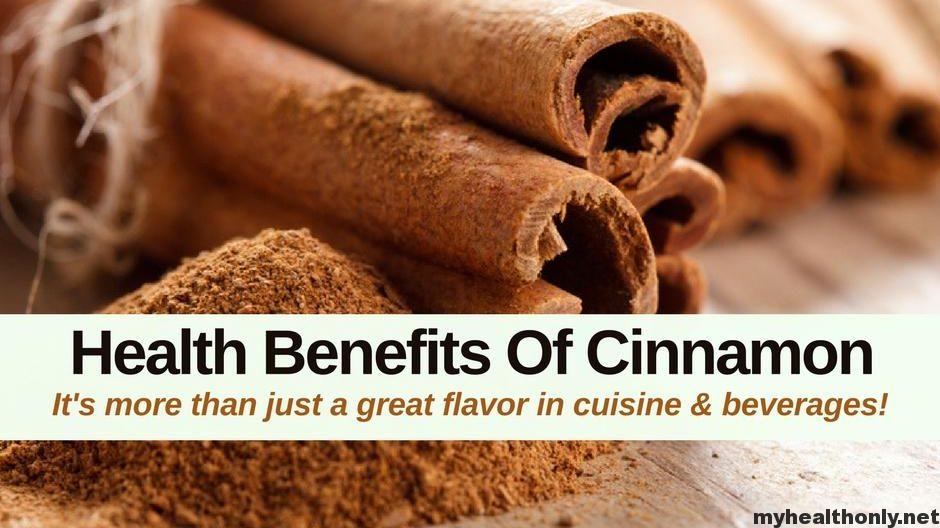#health #cinnamon #heart
“Cinnamon’s benefits are thought to be from 1 of its antioxidant compounds, cinnamaldehyde, which gives it that rich aroma and flavor and can also reduce inflammation”— Paul Ebeling
Cinnamon is also a staple of the Mediterranean diet, a heart-healthy way of eating that emphasizes cooking with herbs and spices. American food culture does not have a lot of those spices naturally built into its eating plan. Because Americans live in a fast-paced, on-the-go society, a lot of its food is packaged and pre-prepared. So, such potent antioxidants are lacking from the overall eating plan.
Several studies have shown that the cinnamaldehyde found in cinnamon has protective effects on the cardiovascular system.
One study reported that cinnamaldehyde and another compound found in cinnamon called cinnamic acid offered protection against ischemic myocardial injury, which indicates the potential that cinnamon has to be used for treating cardiovascular diseases.
There are 2 common types of cinnamon:
- Cassia cinnamon. Originating from southern China, this is the more common type of cinnamon that you can buy at grocery stores and use for baking.
- Ceylon cinnamon. This kind of cinnamon is less common and you have to buy it at a specialty spice store, it has a more fragrant scent. Ceylon cinnamon originates from Sri Lanka and southern India.
If not up to cooking, adding cinnamon to your morning coffee, a smoothie or yogurt can provide the delicious sweetness and really make a meal satisfying and flavorful while potentially giving you the health benefits.
It is a good addition to your eating plan, and it can really be a helpful way to cut back on your intake of added sugars. You can use the in lots of recipes, as it adds a little something to a meal.
Eat healthy, Be healthy, Live lively









